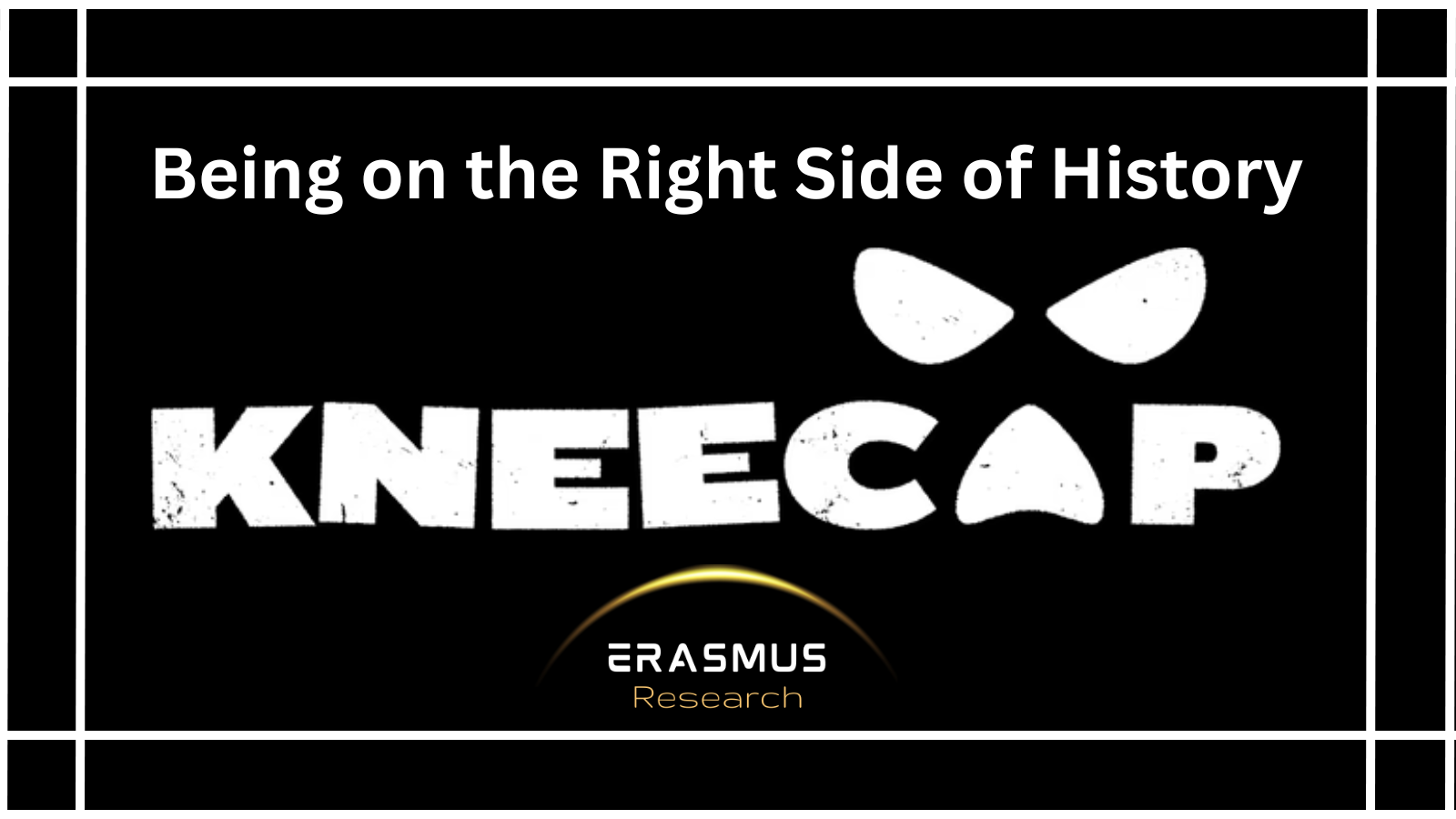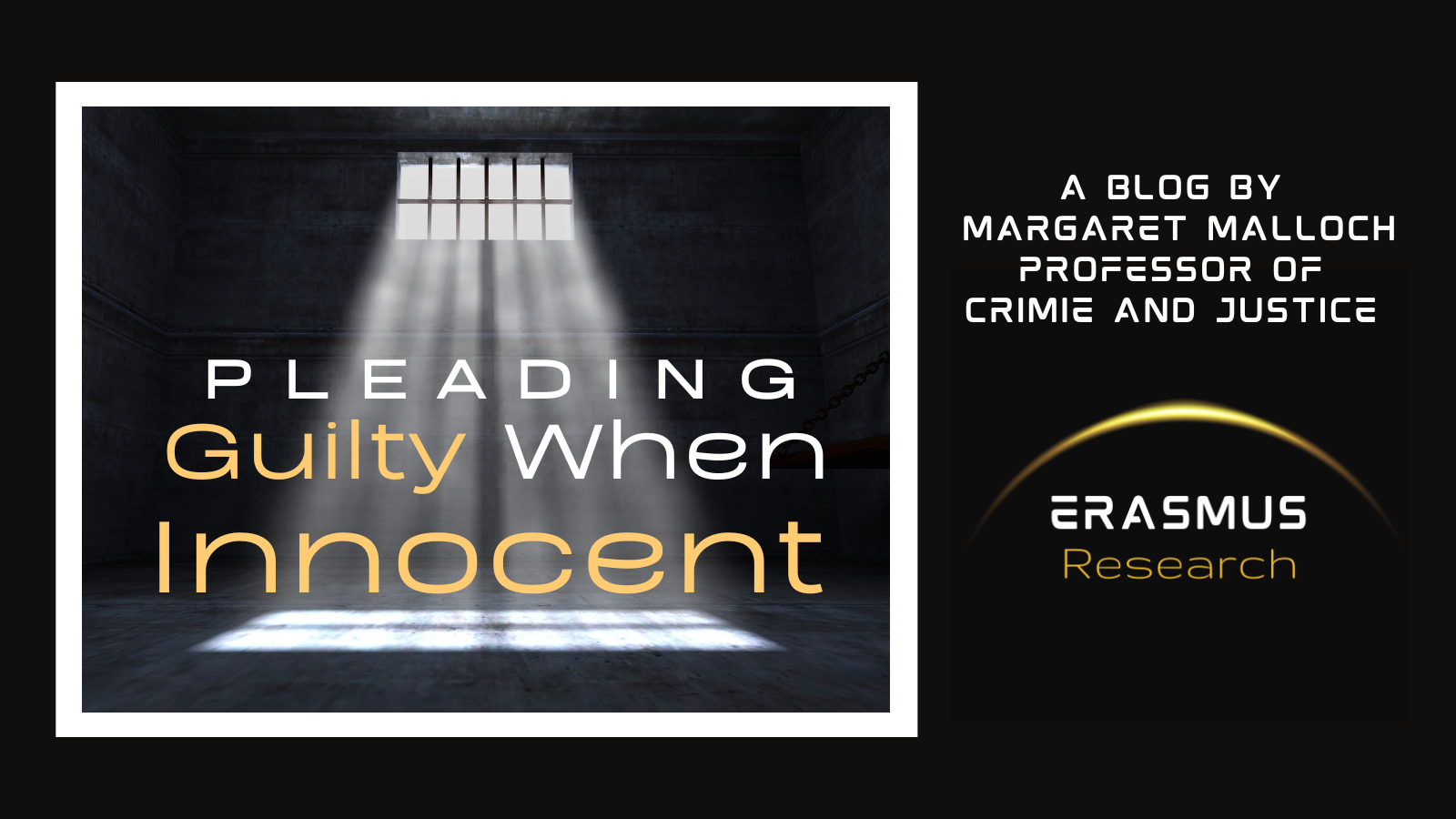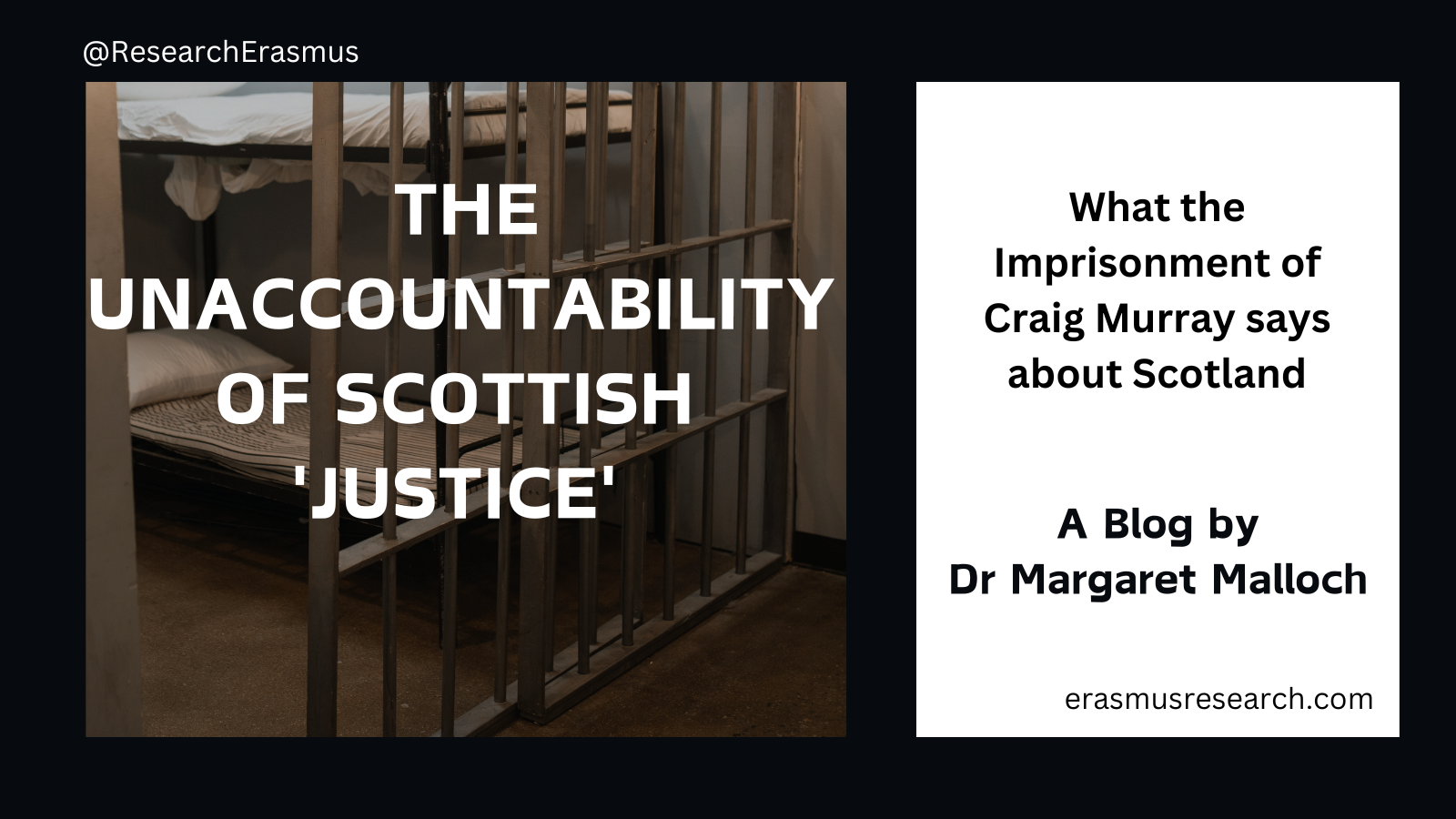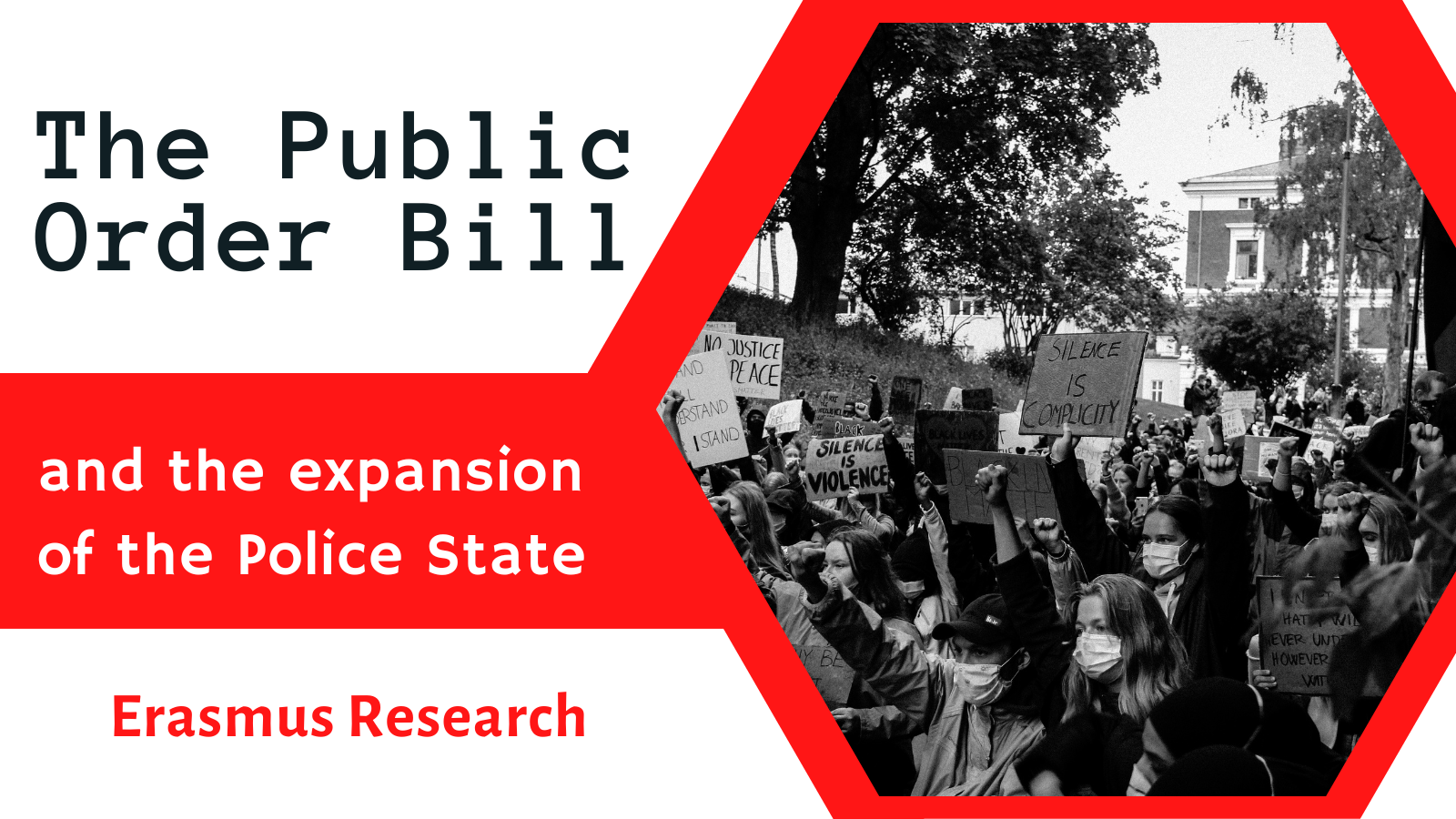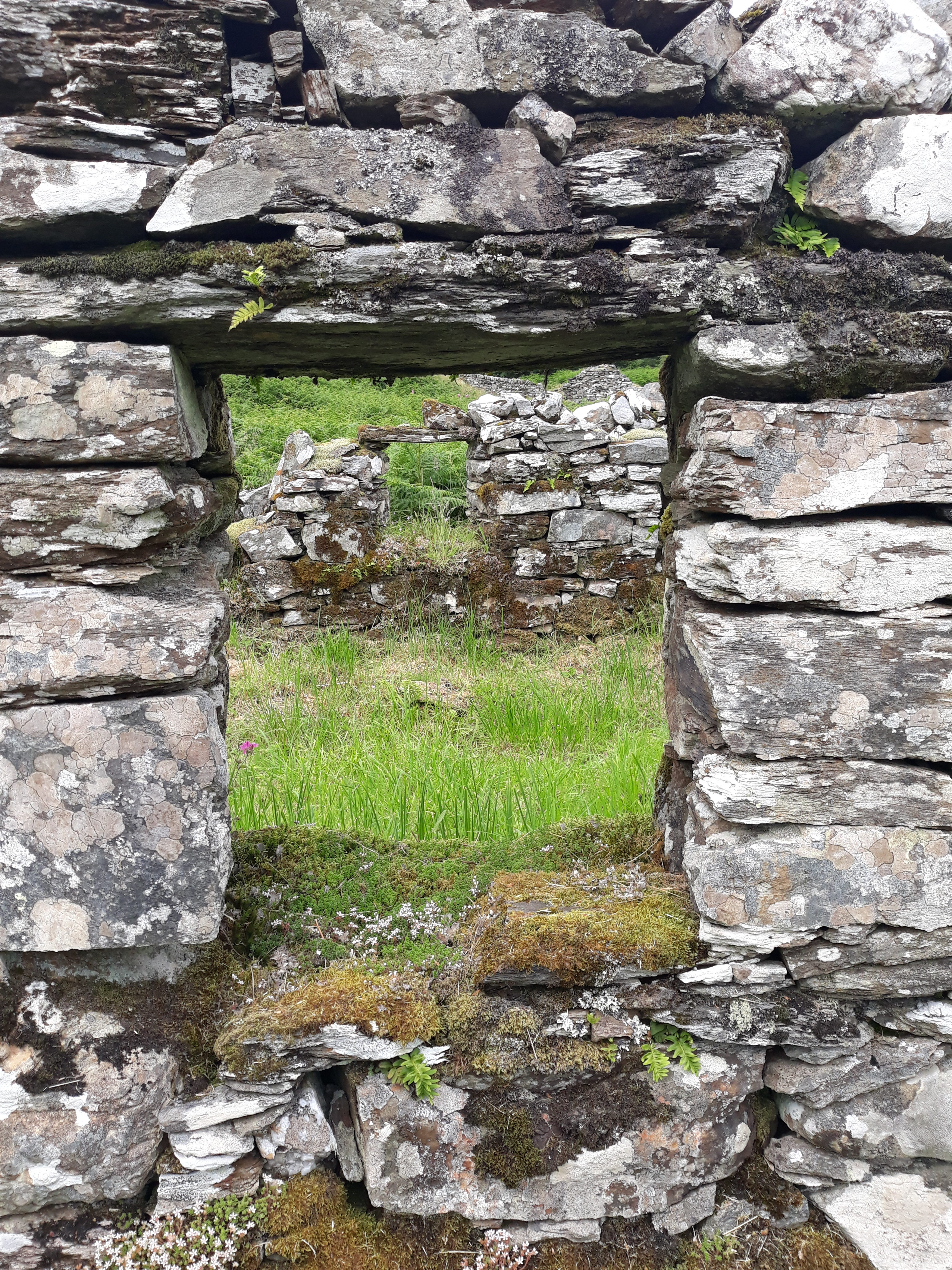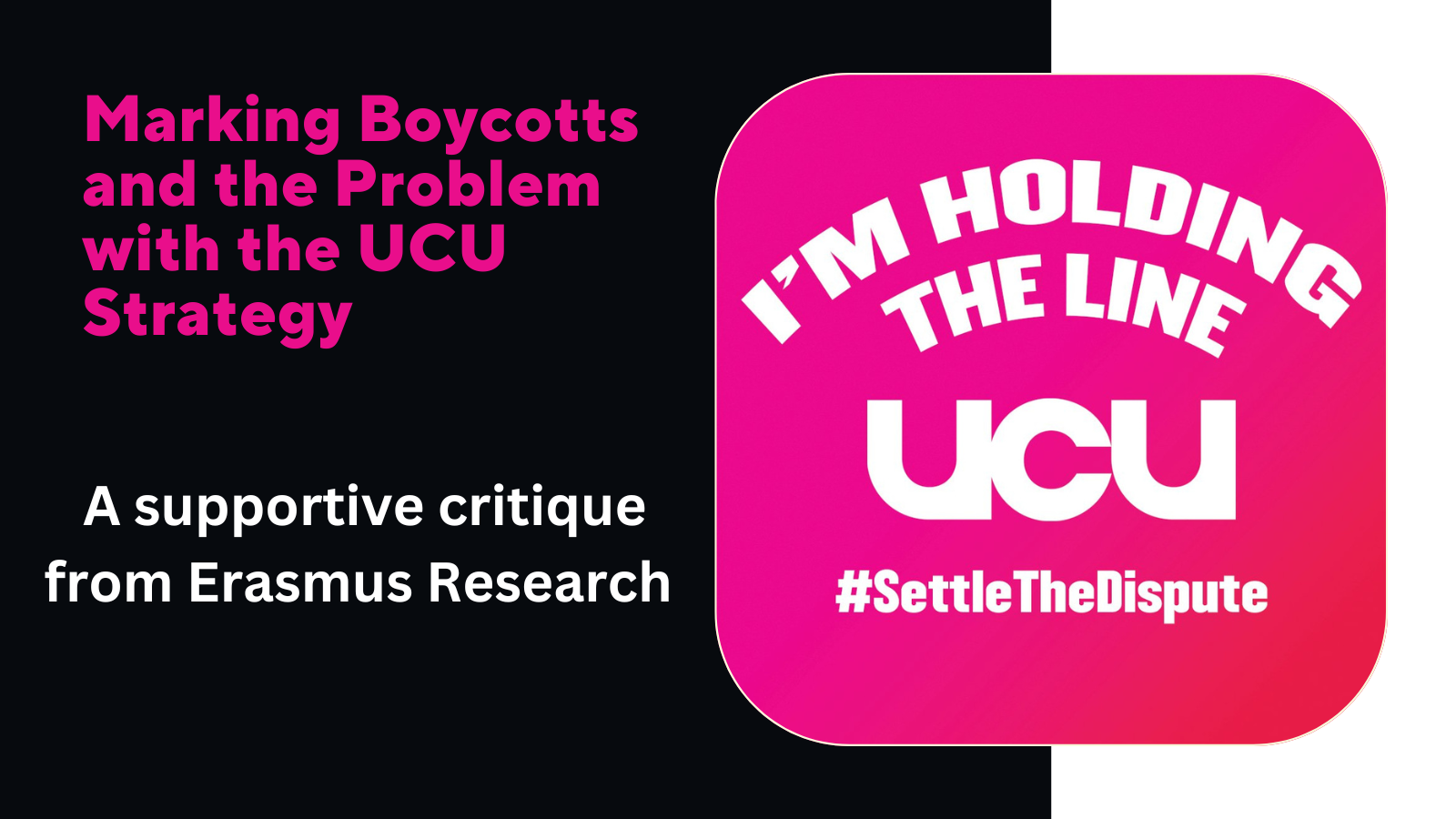This week, Liam Óg Ó hAnnaidh (AKA Mo Chara) of the Irish rap group Kneecap was charged with a terrorism offence for allegedly displaying a Hezbollah flag at a gig in London. The potential sentence? Up to ten years in prison. His supposed crime? Showing support for a ‘proscribed’ political movement that resists Israeli apartheid and occupation. But this charge isn’t about security. It’s not about public safety. It’s not even about international law. This is political policing.
Meanwhile, the UK government continues to supply Israel with aircraft components, munitions, surveillance systems, diplomatic cover, and even special forces. All in support of what leading jurists, human rights organisations, and international experts have described as a textbook case of genocide in Gaza. Tens of thousands have been slaughtered, including over 14,000 children. Entire families erased. Hospitals bombed. Aid convoys destroyed. Civilian infrastructure decimated. This is not collateral damage. This is intentional annihilation.
And yet, not a single UK official has been charged under the International Criminal Court Act 2001, which makes complicity in genocide a domestic criminal offence. Not a single investigation. Not a single arrest. Not a whisper of accountability. Because the rule of law doesn’t apply to power. It never has.
What does trigger police action? A rapper waving a flag at a gig.

What captures the headlines, fills the airwaves, generates moral outrage? A football pundit unwittingly retweeting a post that included a rat emoji. These are apparently the great moral threats of our time. Gary Lineker’s error in judgment was treated by the media and political establishment as an unthinkable transgression for which headlines, outrage, and professional consequences followed swiftly. But the murder of thousands of children? The systematic starvation of an entire population? Almost total silence.
This is how political scapegoating works. You construct a moral panic over minor or symbolic acts to distract from the real atrocities. You punish speech while protecting war crimes. You shame dissenters while shielding perpetrators. You criminalise resistance and ignore the machinery of mass death.
It’s moments like this—when the absurdity is so stark—that the mask slips. The idea of a neutral police force, the myth of political impartiality in policing, is laid bare. The police have always served power. Whether under liberal democracy, fascism, or communism, the police are never neutral. They are the arm of the state. And the state protects its interests.
When the state supports genocide, it must silence those who oppose it.
Kneecap said it best: they are not the story. Genocide is the story.
Gary Lineker is not the story. The story is ethnic cleansing. The story is imperial complicity in the West’s last great settler colonial experiment. The story is genocide. And if the state police can enforce laws brought in to criminalise dissent and stoke media hysteria to shift your attention from the real story, they will.
For this system to function, there must be consequences—not for the perpetrators of genocide, but for those who dare to name it. For those who call it out. For those who refuse to be silenced.
However, there is a distant glimmer of hope. Pressure is building, and the barometer is beginning to shift. In some corners of the political class and media, the silence is breaking. The narrative is starting—just starting—to change. Perhaps they’ve heard the whispers of the storm brewing abroad. Perhaps they sense that the tables may soon turn.
When the legal consequences of complicity become real – when the word ‘genocide’ is no longer rhetorical but judicial – many will scramble to rewrite their part in this story. Official positions will shift in line with the pace of fear: fear of reputational collapse, fear of prosecution, fear of being named on the wrong side of history.
And when the wind changes direction, certain individuals will suddenly want to be seen standing where they never stood before.

